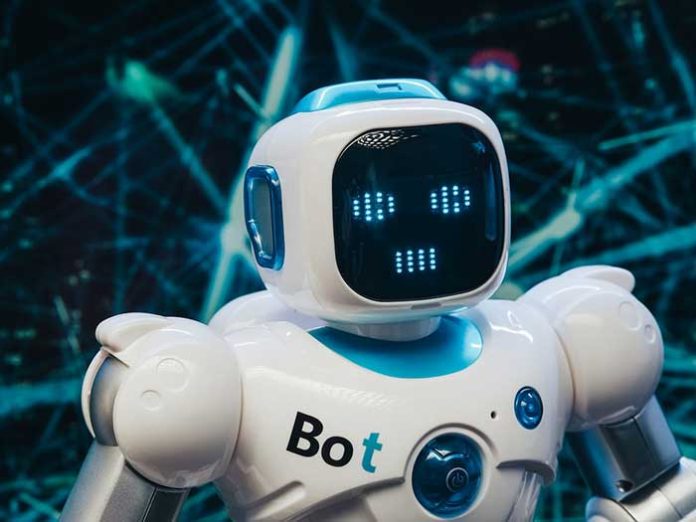Ready or not, artificial intelligence (AI) is here, and its presence will only grow as humanity progresses through the 21st century.
It is now pretty much impossible to not have some interaction with AI, even if you don’t realize it. Some of those interactions could potentially make your life easier, while others may be frightening or even harmful. It is a new world, and learning to navigate that world will benefit us all.
4 Ways AI Disruption is Changing Our Lives
AI disruptions may seem like they are just getting started, but here are 4 AI innovations that are already here and will change the way we live:
1. Autonomous Vehicles and Services
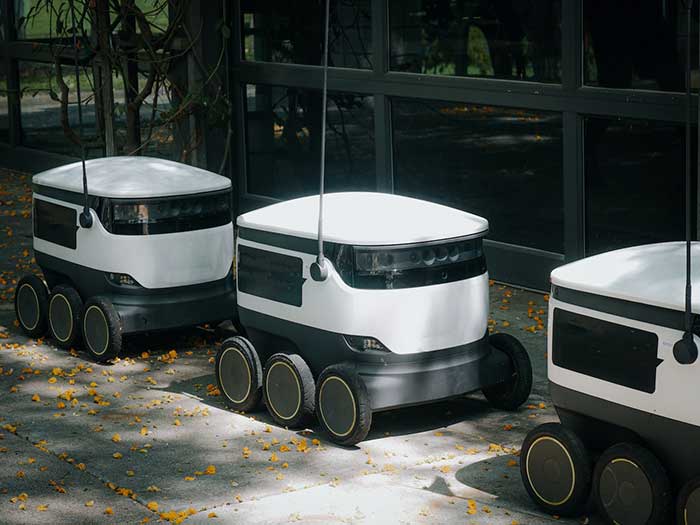
Tesla’s autopilot gets a lot of press coverage, but actual self-driving cars already exist, and some companies are trying to make them the norm, especially for services like ride-sharing and parcel delivery. Companies like Google have been testing self-driving cars for years with mixed results. While they have made a good deal of progress in mapping, collision detection and adapting to varying road conditions, no company has been able to make it profitable yet, especially in the consumer arena.
Nevertheless, delivery services and taxi services like Uber are pushing ahead with commitments to self-driving vehicles. It may just take one innovative brand to truly disrupt the current industry and break into the mainstream. For consumers, it means that your food delivery in the near future may not involve a human at all. Should you tip a robot?
Meanwhile, Amazon is poised to launch its drone delivery service after years of wrangling with lawmakers and the FAA. The company is currently rolling out its Amazon Prime Air delivery service in parts of California and Texas.
2. Industry and the Job Market
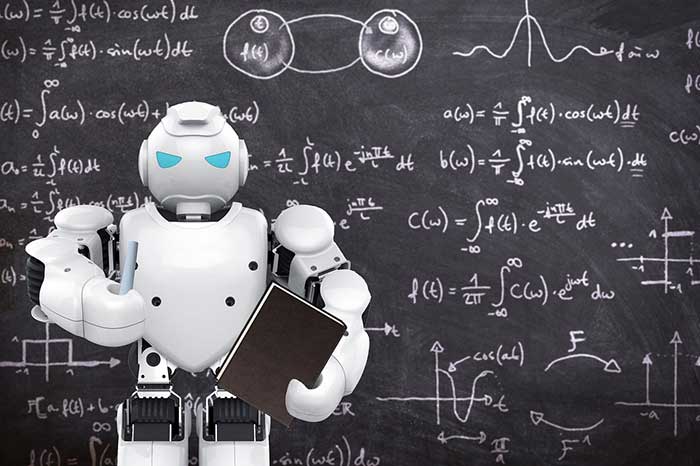
Economists have been predicting for years that AI disruptions will replace us in many of our jobs. That time has actually already arrived, but it has been a gradual transition. Self-checkout, for example, has taken many years to fully take over some stores, while many others still employ plenty of humans. Supply chain warehouses that were once bustling with hundreds of workers may have fewer workers thanks to robots, but they are not yet completely autonomous.
Still, there are plenty of other industries that we may not have even considered. Talking to an actual human when you open a support chat window on a website or call customer service is now more difficult than ever because an AI bot will greet you first. Other jobs like accountants, paralegals, insurance underwriters, data entry specialists and radiologists may soon no longer exist, while others such as teachers and social workers may still be irreplaceable for now.
It’s also important to know that AI disruptions will create new jobs as well. If your data entry job is replaced by AI, a new job supporting that AI may emerge in its place. It will be critical for technical schools, universities and employers to prepare workers to make the pivot from one skill set to a new one centered around artificial intelligence.
3. Art and Entertainment
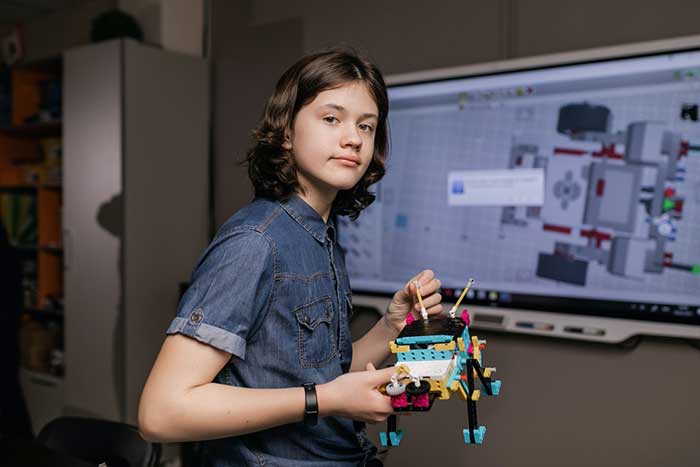
It’s almost impossible to go on any social media platform and not see all the AI art that is floating around. Everyone from your cousin to major social media influencers is posting pictures of their own photos transformed into AI-generated avatars in the style of anime, cartoons and pretty much anything you can imagine. This has led to the development of AI image detector tools that can identify computer-generated content from human-created art.
Software like Dall-E also gives anyone the power to input text and tell an AI to create whatever art they want. You can also do the same with the written word. AI can now write convincing articles, stories and even scripts with minimal human intervention.
Whether or not this is a good thing depends on who you ask. The idea that you can even relatively easily train an AI to create a video of someone doing something they would never actually do is quite frightening to some and simply remarkable to others. There is also the question of copyright since AI has not really been tested much in courts. As of now, you need to be human to own copyright and to violate it. So, if an AI does either, who is credited or blamed?
4. Law enforcement and Warfare
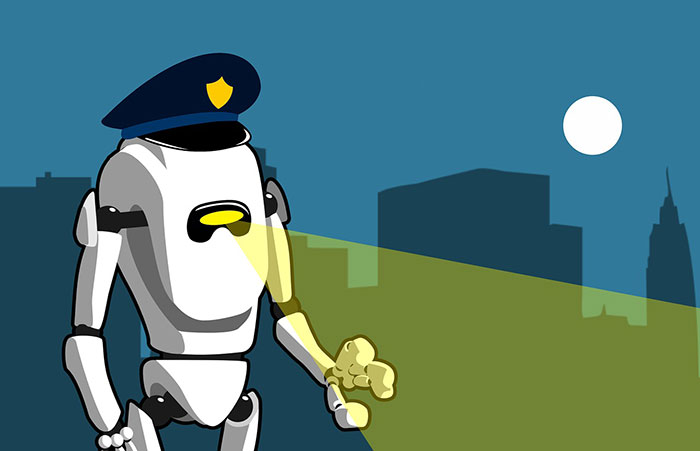
Police departments, particularly in the US, have started using AI to predict crimes, and some have even pushed for robots to carry weapons. Law enforcement agencies believe this can make you safer, removing some of the potential danger (most to police officers), while human rights organizations insist this will make it more difficult to hold poor policing accountable. There is also the risk of importing racial bias that already exists into the AI, something previous attempts have already proven.
For warfare, the stakes are even higher. Many countries have signed a declaration to not use autonomous weapons, but some of the countries with the biggest military funding, such as Israel, Russia and South Korea have already deployed some LAWS (lethal autonomous weapons systems). Other countries, such as Australia, the UK, US and China are heavily funding the development of such weapons.
LAWS can reduce costs and casualties for the countries that use them, but they could also make accountability more difficult and literally leave the decision of whether or not to attack human beings up to a machine.
The Future is Still Ours
Over the next several years, artificial intelligence will have a profound impact on our lives, but it is still ultimately up to human beings to decide what that impact will be. Some innovations may seem beneficial while others may appear terrifying, but the people of this world still hold control for now. Whether it is in art or warfare, the future is still ours.


